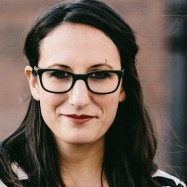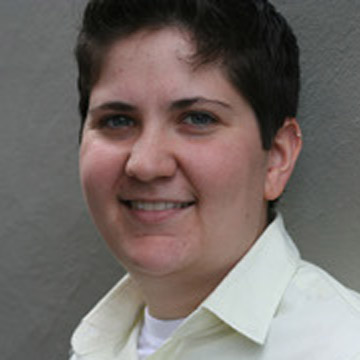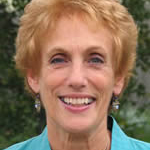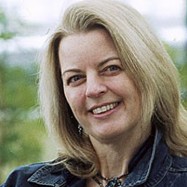People have been marrying for 5,000 years. Throughout, what it means to be married has changed often, mostly in response to the economy. When we lived off the land, two pairs of hands were better than one, so we married for survival. When ancient kings wanted to expand their empires, they married the daughters of their rivals.
In the 18th century, the radical notion that we should marry for love took hold, and for a while, marriage seemed indestructible. It endured a series of wars and the Depression. By the 1960s, marriage was the strongest it had ever been, both in the United States and across the industrial world. Every time I compare the statistics between then and now I’m astonished all over again. In the 1960s, 80 percent of U.S. households were married couples; 70 percent of women were married by age 24, and only 33 percent of the population was single.
But as Betty Friedan revealed, all was not what it seemed. In a 1962 Gallop poll, married women reported being very satisfied with their lives — but only 10 percent wanted their daughters to follow suit. Wait a little longer to get married, they whispered; go to school, finish college.
Which is exactly what happened. Over the past fifty years, women have increasingly delayed marriage to pursue their ambitions, entered a workforce that is progressively more hospitable (though still problematic), and as a result forged identities apart from marriage and motherhood. Today, 48 percent of U.S. households are married couples; 22 percent of Millennials are married, and more than 50 percent of the population is single.
People worry that these developments are destroying marriage — just as they worry that e-books are destroying literature. In fact, the opposite is happening. When we truly love a book, we aren’t content to have it only as an e-book; we are likely to seek out a physical copy. In this way e-books make “traditional” books (which of course have only existed for 550 years) more valuable.
In his essay “On Reading,” Proust compares reading to friendship, and says about books, “If we spend the evening with these friends, it is because we genuinely want to.” So it is with contemporary marriage. Now that we don’t have to get married, when we do marry, it’s because we genuinely want to.
Kate Bolick is a contributing editor for The Atlantic and contributes regularly to Elle, The New York Times, The Wall Street Journal, and Slate, among other publications.













